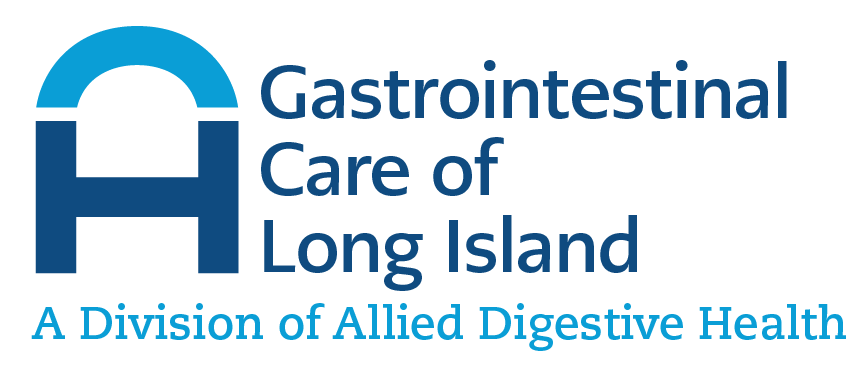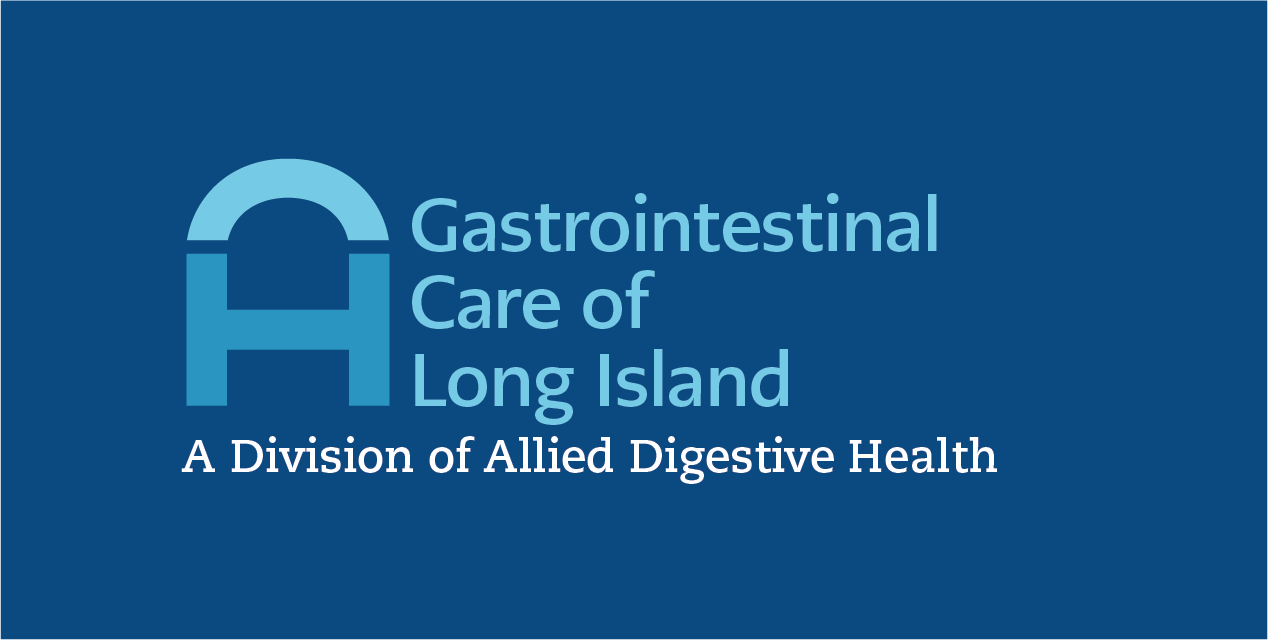
Pancreatitis is a condition that involves the inflammation of the pancreas, an organ responsible for producing enzymes and hormones that aid in digestion. This inflammation can cause severe abdominal pain, nausea, vomiting, and other digestive issues.
If this condition is not handled quickly, it can lead to severe complications like pancreatic cancer and even death.
Best Ways to Help Prevent Flareups of Pancreatitis
Adopting a tailored dietary approach is paramount to minimizing the risk of pancreatitis flare-ups and managing the condition effectively. A pancreatitis-friendly diet typically involves eating low-fat meals, opting for small, frequent portions throughout the day, and ensuring adequate hydration. Limiting or eliminating alcohol consumption and avoiding high-fat and processed foods can significantly reduce the strain on the pancreas. Incorporating fruits, vegetables, whole grains, and lean proteins into your diet can support pancreatic health and overall wellness.
Can Pancreatic Enzymes Help?
In managing pancreatitis, pancreatic enzyme supplements are a strategy that has shown promise. These enzymes are designed to mimic the natural digestive enzymes produced by the pancreas, aiding in the breakdown and absorption of nutrients, especially in cases where the pancreas is compromised and cannot produce sufficient enzymes. By assisting in digestion, these supplements can reduce the workload on the pancreas, potentially alleviating pain and discomfort associated with eating and minimizing malnutrition risks.
However, it is essential to consult with a healthcare provider before starting any new supplementation to ensure it is appropriate for your specific condition and to determine the correct dosage. So, your best bet is still implementing helpful lifestyle changes.
Lifestyle Changes With Pancreatitis
Adopting lifestyle changes is crucial for people with pancreatitis, as it supports dietary adjustments in managing the condition.
Regular, moderate exercise helps maintain a healthy weight, significantly reducing pressure on the pancreas.
Stress management techniques, such as meditation, yoga, or even simple breathing exercises, can also positively mitigate flare-ups, considering stress’s impact on the body’s inflammatory responses.
Quitting smoking is indispensable, as tobacco use has been linked to an increased risk of pancreatitis and can exacerbate the condition.
Implementing these lifestyle adjustments, in tandem with a pancreatitis-friendly diet, can significantly contribute to better managing pancreatitis and enhancing the quality of life for those affected.
Diet Changes With Pancreatitis
When diagnosed with pancreatitis, making specific diet changes is helpful and necessary to manage the condition effectively. At first, doctors may recommend a clear liquid diet to rest the pancreas before gradually reintroducing solid foods.
Foods that are easy to digest, low in fat, and not overly processed should become staples in the diet. This includes meals rich in vegetables and fruits, lean proteins like chicken or fish, and whole grains. Foods to avoid are those high in fat, including fried foods, full-fat dairy products, and certain cuts of meat.
Additionally, monitoring portion sizes and choosing smaller, more frequent meals can help manage digestive symptoms and ensure the pancreas is not overloaded. Attention to these diet changes can significantly alleviate symptoms and prevent further pancreatitis flare-ups.
Avoid Alcohol
Drinking alcohol is a well-known risk factor for pancreatitis. It can significantly increase the likelihood of flare-ups and exacerbate the severity of symptoms in individuals diagnosed with the condition. Even moderate drinking can be detrimental for those with pancreatitis, as it places additional stress on the pancreas, potentially leading to further inflammation or damage.
For this reason, healthcare professionals advise avoiding alcohol entirely to mitigate risks and promote pancreatic health. While challenging for some, this lifestyle adjustment is essential for preventing the progression of pancreatitis and ensuring long-term wellness.
Stop Smoking
Smoking is another significant risk factor for pancreatitis, with studies showing a strong correlation between tobacco use and an increased risk of developing the condition. Smoking not only contributes to the inflammation of the pancreas but also worsens existing symptoms and can impede the effectiveness of treatment plans designed to manage flare-ups.
Quitting smoking is, therefore, a critical step for individuals with pancreatitis, aiming to minimize further damage to the pancreas and enhance overall health outcomes. Healthcare professionals often provide resources and support, such as counseling and medication, to help patients overcome addiction and make this crucial lifestyle change.
Maintain a Healthy Weight
Maintaining a healthy weight is essential in managing pancreatitis, reducing the workload on the pancreas, and preventing flare-ups. Excess body weight, particularly visceral fat around the abdomen, can increase the risk of further pancreatic inflammation and contribute to the severity of pancreatitis episodes. A balanced, nutrient-dense diet and regular physical activity form the cornerstone of weight management strategies for individuals with pancreatitis.
Working closely with healthcare professionals or a nutritionist is advisable to develop a personalized weight management plan that considers the individual’s unique needs and health conditions. This approach ensures the prevention of pancreatitis flare-ups and promotes overall health and well-being.
When to Talk to Your Doctor
If you’re managing pancreatitis, it’s crucial to communicate regularly with your healthcare provider, especially if you notice any new or worsening symptoms. Symptoms such as increased abdominal pain, persistent nausea or vomiting, unexplained weight loss, or jaundice (yellowing of the skin and eyes) warrant immediate medical attention.
Additionally, discuss with your doctor before making any significant changes to your diet or lifestyle to ensure these align with your treatment plan and overall health status. Regular check-ups can help monitor the condition’s progression and adjust treatment as necessary, providing the best possible management of pancreatitis.
If you need help creating and following lifestyle changes that will help you prevent pancreatitis, please contact Allied Digestive Health. Let’s work together to keep you happy and healthy.
© All Rights Reserved 2021


